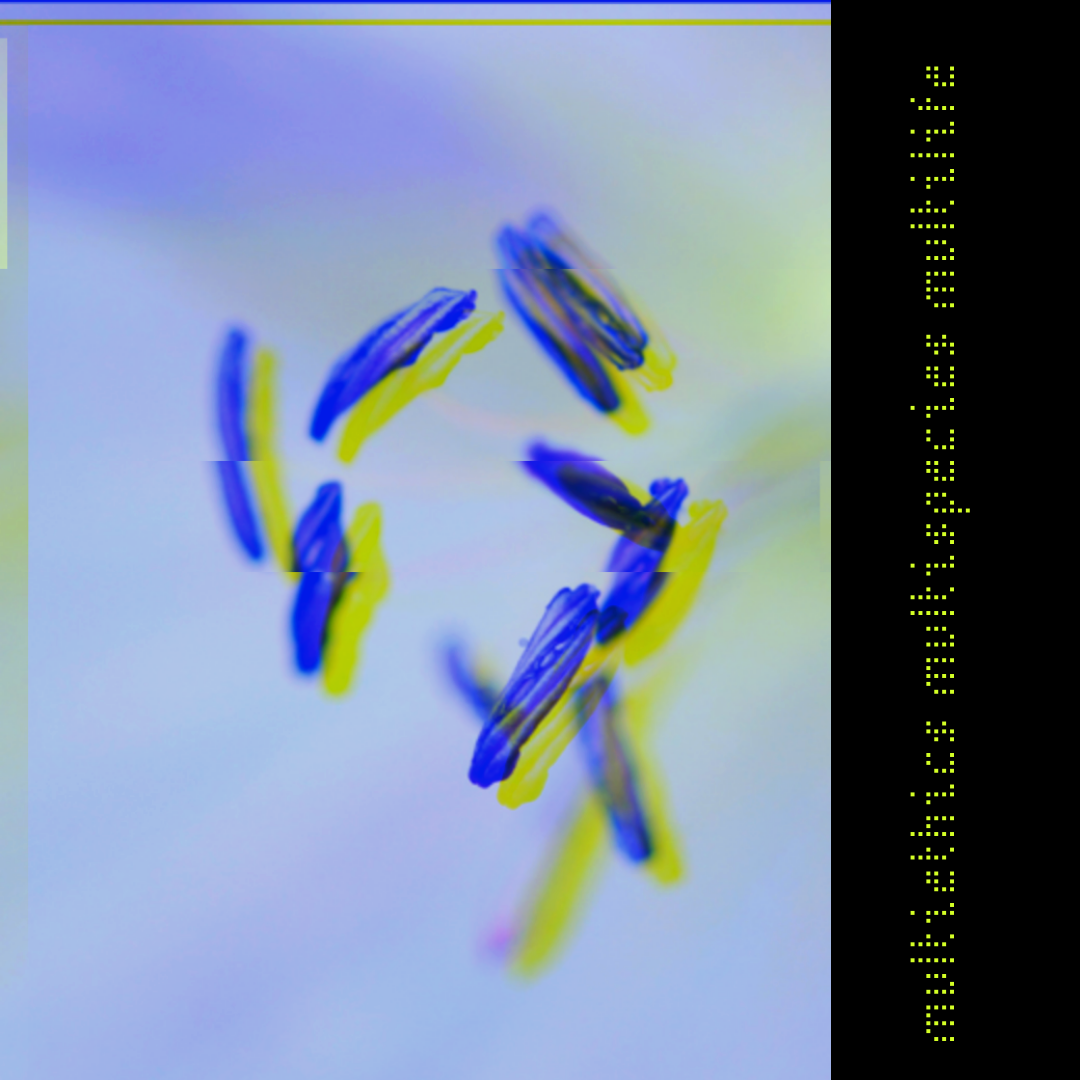
Hannah Rodabaugh
Artist Statement: Talking & Listening to Plants
One of the most fascinating things about nature is the perspective that time gives us. On one side, you have insects like mayflies who live life in a single day. On the other, you have bristlecone pines who have been continuously shaped by wind over thousands of years. Both teach us something about ourselves, our “place in the family of things,” as Mary Oliver says.
I wrote the poems in Plant-Human Quarterly after visiting Muir Woods and the Siskiyou National Forest. I was focused on writing about our oldest and largest trees–redwood, sequoia, pine. I wanted them to provide a framework for how time passes, for how our lives fit into the lifespan of a tree that may encompass ten or twenty generations of ours. I think there is peacefulness–even joy–in the infinitesimality that this perspective brings. There's something to be said for being dwarfed by nature. As Thoreau once said, “There are none happy in the world but beings who enjoy freely a vast horizon.”
Hannah Rodabaugh holds an MA from Miami University and an MFA from Naropa University. She is the author of Lost Cathedral (forthcoming, Cornerstone Press) and three chapbooks of poetry. Her work is featured or forthcoming in The Indianapolis Review, Camas Magazine, Glassworks Magazine, The Westchester Review, EcoTheo Review, and Berkeley Poetry Review. She is the recipient of a Literature Fellowship from the Idaho Commission on the Arts and has twice been an artist-in-residence for the National Park Service. She lives in Boise, Idaho where she teaches at Boise State University and The Cabin Literary Center.


